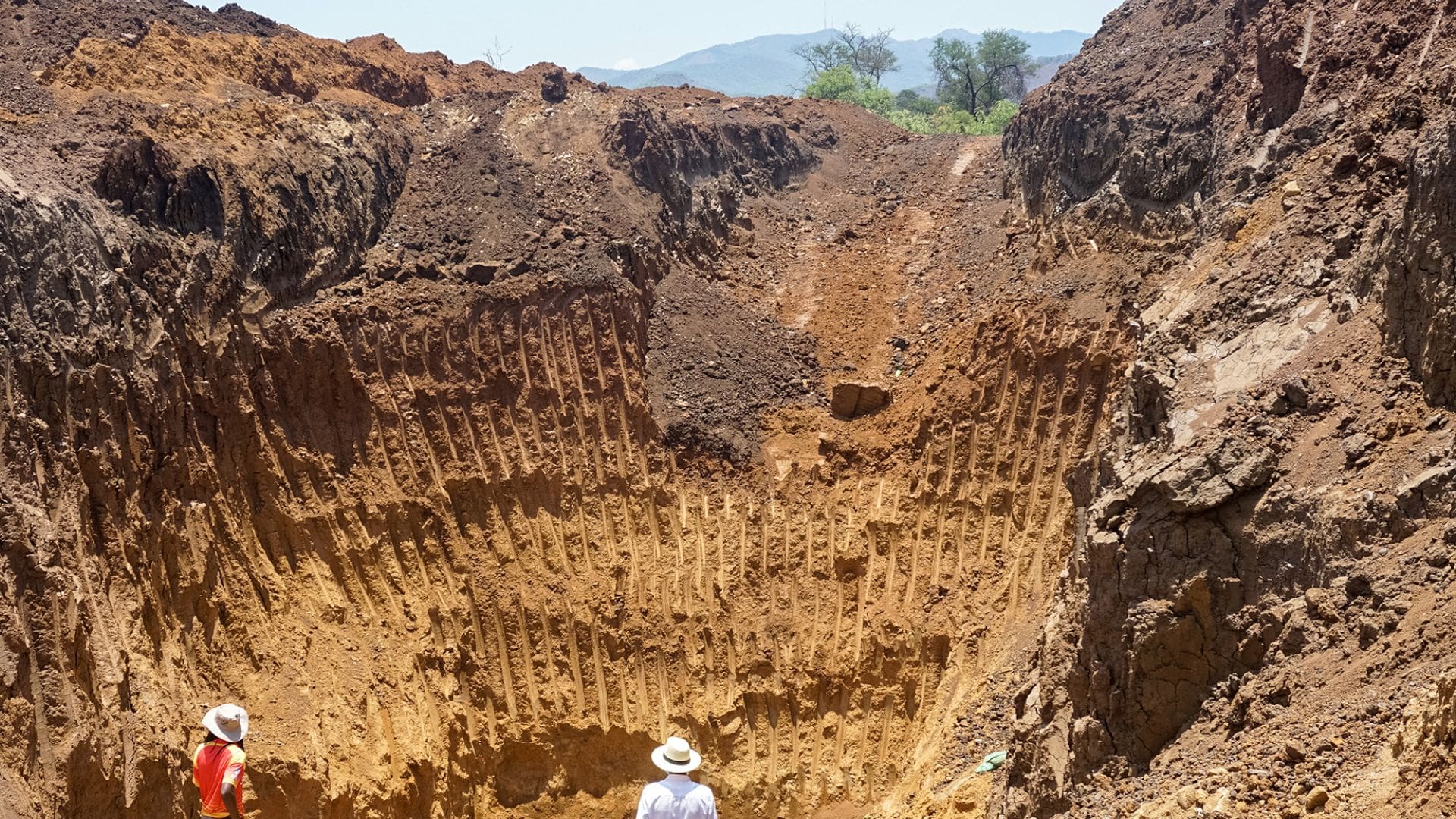Unlocking Zimbabwe's Mining Potential: A Pathway to Economic Renaissance
- Zimbabwe | 11 August 2023

Zimbabwe, known for its vast mineral wealth and diverse resource base, holds immense potential in its mining industry. With a rich history of mining dating back centuries, the country is poised to leverage its abundant reserves to drive economic growth, attract foreign investment, and create employment opportunities. In this article, we explore the potential of Zimbabwe’s mining industry and its role in transforming the nation’s economy.
Zimbabwe boasts an impressive array of mineral resources, including gold, platinum, diamonds, lithium, coal, chrome, and nickel, among others. The country is one of the world’s top producers of platinum and holds substantial gold reserves. The diversity and quantity of these resources position Zimbabwe as an attractive destination for mining investments.
Gold mining has been a cornerstone of Zimbabwe’s mining industry for centuries. The country’s gold reserves remain significant, and efforts to boost production and attract investment continue. With the global demand for gold on the rise, Zimbabwe has the opportunity to capitalize on its resource potential and increase its contribution to the international gold market.
Zimbabwe’s platinum reserves are among the largest globally. The Great Dyke, a geological formation stretching over 550 kilometers, is a prime PGMs region. The extraction and processing of platinum offer tremendous economic opportunities, including job creation, export revenue generation, and technology transfer. Capitalizing on the global demand for PGMs, Zimbabwe can become a major player in the industry and contribute significantly to its economy.
Zimbabwe’s lithium reserves have attracted attention due to the increasing demand for lithium-ion batteries used in electric vehicles and renewable energy storage. With an estimated resource base of over 23 million tonnes, Zimbabwe is well-positioned to become a key player in the lithium market. By developing lithium mining and processing projects, the country can foster a sustainable and environmentally friendly mining sector while contributing to the global transition towards renewable energy.
Realizing the full potential of Zimbabwe’s mining industry requires a robust and well-connected infrastructure network. Investment in infrastructure projects, including transportation, power generation, and water supply, is essential for efficient mining operations and the successful export of minerals. The government’s commitment to infrastructure development, coupled with public-private partnerships, can create an enabling environment for the mining industry to thrive.
The mining sector has the potential to create employment opportunities for Zimbabwe’s growing population, particularly in rural areas where mining operations are often located. Additionally, the industry offers a platform for skills development, technology transfer, and knowledge sharing. By investing in training programs and promoting collaboration between mining companies and educational institutions, Zimbabwe can develop a skilled workforce capable of driving innovation and sustainable mining practices.
With increasing global focus on sustainable development, Zimbabwe has the opportunity to position itself as a responsible mining jurisdiction. Implementing environmentally friendly practices, promoting community engagement, and ensuring the equitable distribution of mining benefits are crucial steps towards achieving sustainability. By adhering to international standards and best practices, Zimbabwe can attract responsible investors and mitigate environmental impacts while maximizing the long-term benefits of its mineral wealth.
Zimbabwe’s mining industry holds tremendous potential to drive economic growth, create employment, and transform the country’s fortunes. By capitalizing on its abundant mineral resources, fostering a conducive investment climate, and implementing sustainable mining practices, Zimbabwe can position itself as a significant player in the global mining sector. However, achieving this potential requires the collaboration of government, industry stakeholders, and local communities to ensure that the benefits of mining are shared equitably and that environmental sustainability remains at the forefront of all mining activities. With the right strategies and a commitment to responsible mining, Zimbabwe can unlock a prosperous future driven by its mining industry.








